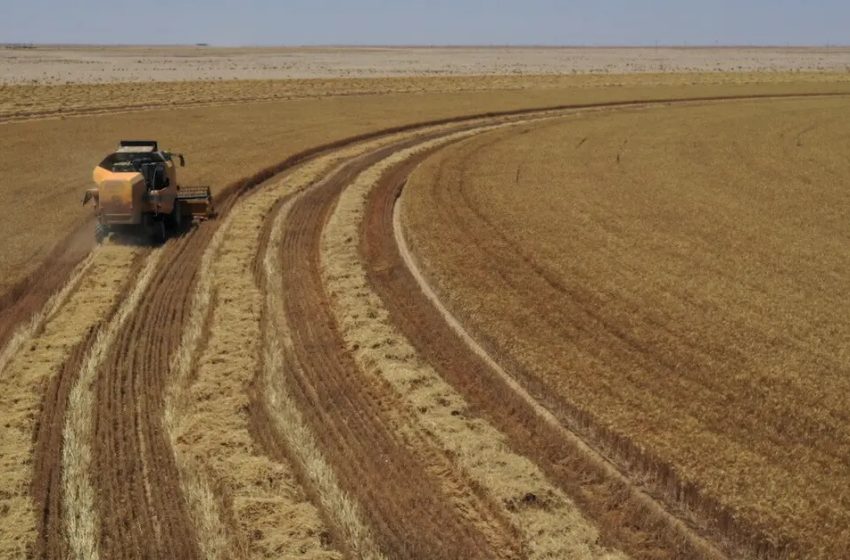Iraq’s stock of wheat reaches 5 million tons

A wheat field in Iraq. Photo: Reuters
Baghdad (IraqiNews.com) – The Iraqi Minister of Trade, Atheer Al-Ghurairy, stated on Saturday that the ministry increased the strategic stock of wheat to 5 million tons, which is sufficient for more than a year, according to the state news agency (INA).
Al-Ghurairy, during his visit to Salah Al-Din governorate, explained that the ministry passed the critical period where the strategic stock of wheat was enough for only one month.
The Iraqi Trade Minister also elaborated that there are stocks of foodstuffs enough for four months.
The Iraqi official indicated that the prices of flour available in markets do not exceed 12,000 dinars ($9.16) per bag, while finely ground wheat flour is 28,000 dinars ($21.37), according to INA.
Al-Ghurairy added that there is also no rise in food prices in the markets in Iraq because the ministry has tackled this issue and follows up on prices closely.
An official at the Iraqi Ministry of Agriculture mentioned earlier that the wheat crop is expected to range between 4 million and 4.5 million tons this season.
The Iraqi Minister of Agriculture, Abbas Jabr, said last March that wheat production in Iraq is expected to reach four million tons during the 2022–2023 season, according to Reuters.
Jabr explained that the increase in production is a result of the government’s plan to cultivate 4,000 square kilometers in desert lands and 2,500 square kilometers in other parts of Iraq.
The Iraqi market needs about 4.2 million tons annually to achieve self-sufficiency in the wheat crop.
Iraq was self-sufficient in wheat during the three years before the war in Ukraine, with production of 4.7 million tons in 2019, 6.2 million tons in 2020, and about 4.2 million tons in 2021.
However, factors such as water scarcity and desertification led to a decrease in the local production of wheat, which reached about three million tons last season, prompting the Iraqi government to import wheat to cover the shortfall.
The lack of rain in the winter season constitutes the most significant challenge to the production of agricultural crops in Iraq, including wheat, rice and barley.
